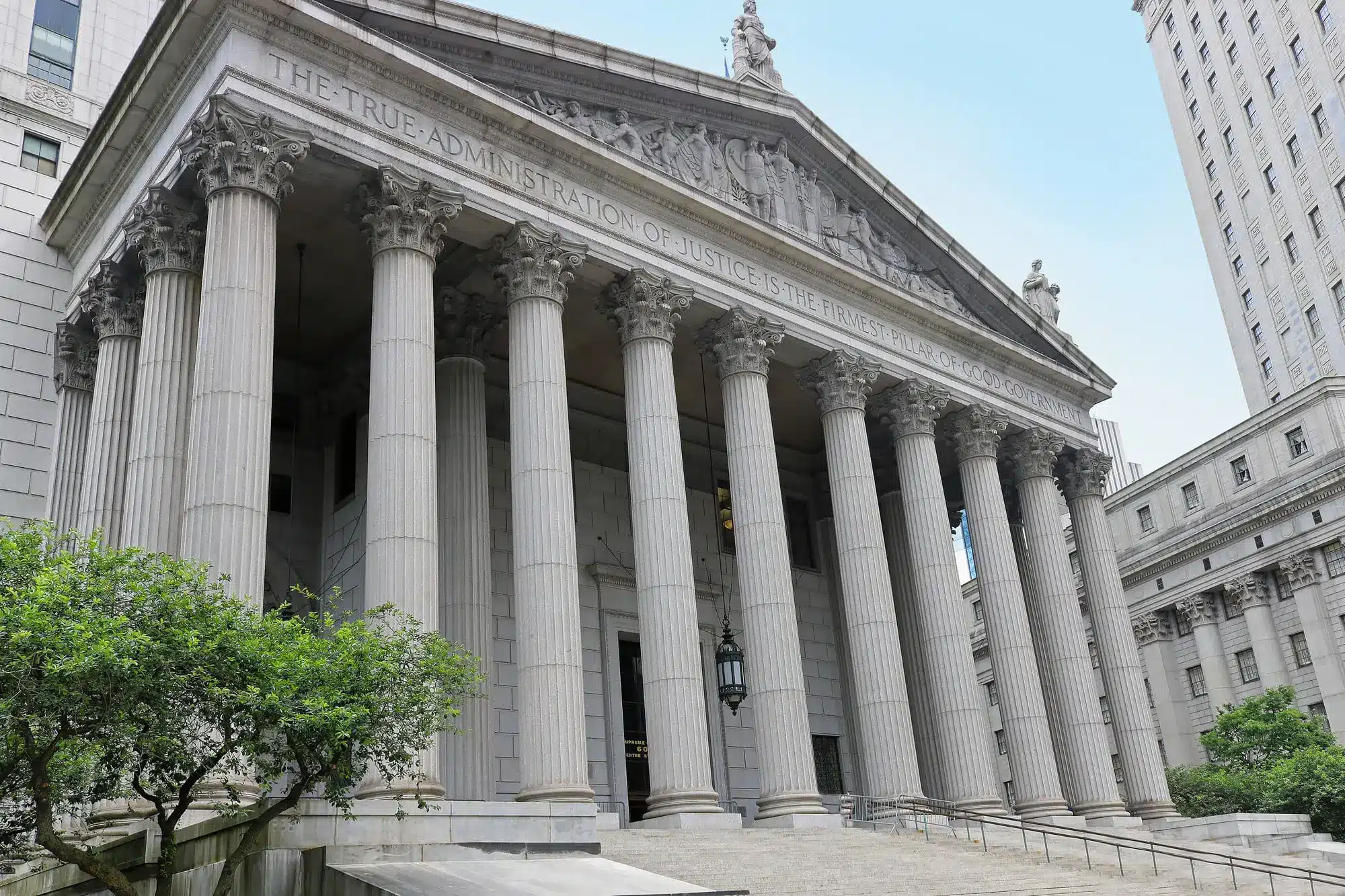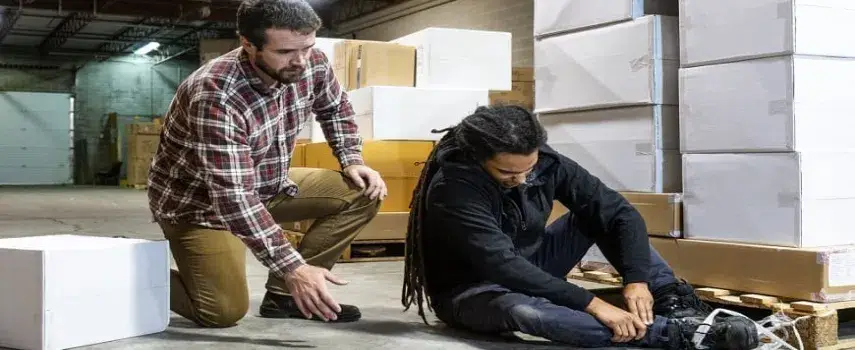One of the most common hazards at a construction site involve slip and fall injuries. One slip and fall accident at a workplace occurred while building the memorial and museum at the site of the former World Trade Center. The WTC Foundation assigned part of the construction work to a subcontractor. One of the subcontractor’s laborers resided in the United States on an F1 student visa. His supervisor instructed him to carry a nine-by-two-foot plywood panel weighing more than 100 pounds to an adjacent area of the construction site. This required his walking over an area covered in snow and ice. The man slipped on the snow and ice and fell, sustaining injuries. The man filed a suit against the owner and contractor to recover damages for personal injuries. The worker alleged violations of Labor Law §241(6), based on the Industrial Code section relating to workplace slipping hazards.
The Lower Court’s Decision
After depositions and discovery, plaintiff moved for summary judgment on liability for his Labor Law § 241(6) cause of action. The lower court granted plaintiff’s motion, holding defendants liable for his accident and injuries. The lower court held plaintiff’s affidavit sufficiently established he was instructed to perform work, including carrying large panels on the subject platform. This was even though areas on the platform were covered with snow and ice. As a result, he slipped and fell in the workplace and sustained bodily injuries. The Court also held defendants failed to point to any admissible evidence demonstrating a triable issue of fact. Nor did defendants demonstrate any defense to vicarious liability. Defendants also filed a motion to disclose some confidential information about plaintiff’s immigration status. Generally, this information is relevant to evaluation of lost wages. The lower court denied defendants’ motion. Defendants appealed.
The Appellate Court’s Decision Regarding Slip and Fall Accident

On appeal, the Second Department affirmed the lower court’s decision.
The Second Department explained that as predicate for liability pursuant to Labor Law §241(6), plaintiff alleged his injuries resulted from a snow and ice condition.
This icy condition remained on the worksite in violation of a provision of the Industrial Code 12 NYCRR 23-1.7(d). That section of the Industrial Code mandates ice and snow “shall be removed” from worksites “to provide safe footing”. This duty is nondelegable to owners and general contractors. The Court also pointed out the contract between defendants provided the subcontractor “shall remove snow or ice from the project site.” The plaintiff’s testimony at his deposition and statements in his affidavit established he slipped and fell on the snow and ice at the location he performing his assigned tasks. Moreover, the Second Department held plaintiff was not partially at fault for the accident, as he followed his employer’s directives.
This included using the equipment provided, and wearing proper shoes as required by his employer. Furthermore, the Court stated that since an owner or contractor’s vicarious liability under Labor Law §241(6) is not dependent on its personal capability to prevent or cure a dangerous condition, the absence of actual or constructive notice sufficient to prevent or cure is also irrelevant to the imposition of Labor Law §241(6) liability.
Appellate Court’s Decision on Providing Immigration Documents
The Second Department also held defendants could obtain copies of plaintiff’s passport and visa. In addition, the defendants could not obtain the worker’s Department of Homeland Security records. This was because plaintiff admitted he was in the United States on an F-1 student visa. Since he did not claim citizenship or green card status, the Appellate Court reasoned a motion to compel responses to demands and interrogatories is properly denied where the demands and interrogatories seek irrelevant, overly broad, or burdensome information. A disclosure request is palpably improper when seeking confidential and private information irrelevant to the case’s issues.
Accordingly, the Second Department upheld the lower court’s decision and remanded the case to the lower court for further proceedings. This involved determining the damages of Plaintiff’s injuries for his slip and fall accident at the workplace. If you are a construction worker involved in slip and fall accident, contact the Platta Law Firm for a free consultation. At that time you will speak with one of our Construction Accident lawyers and find out your rights.




